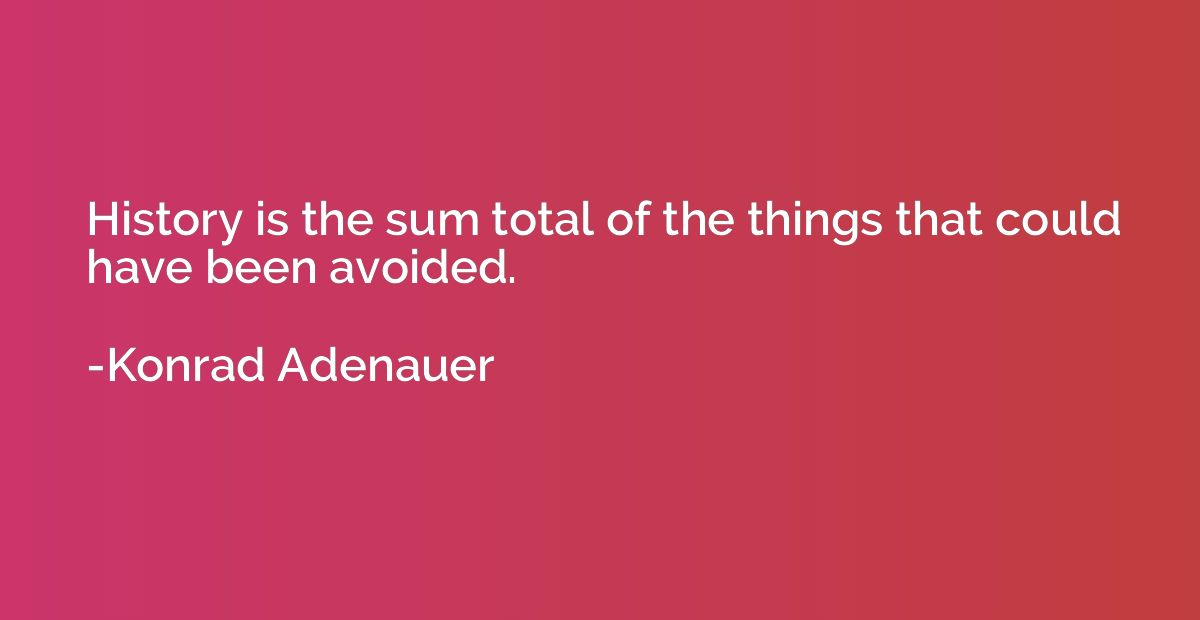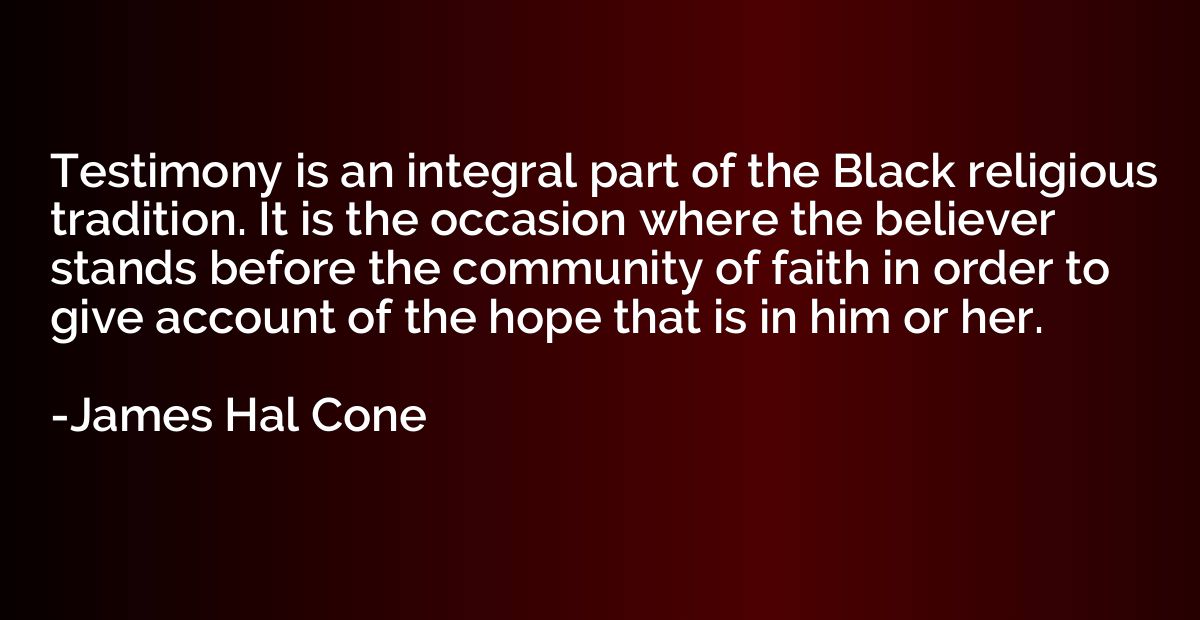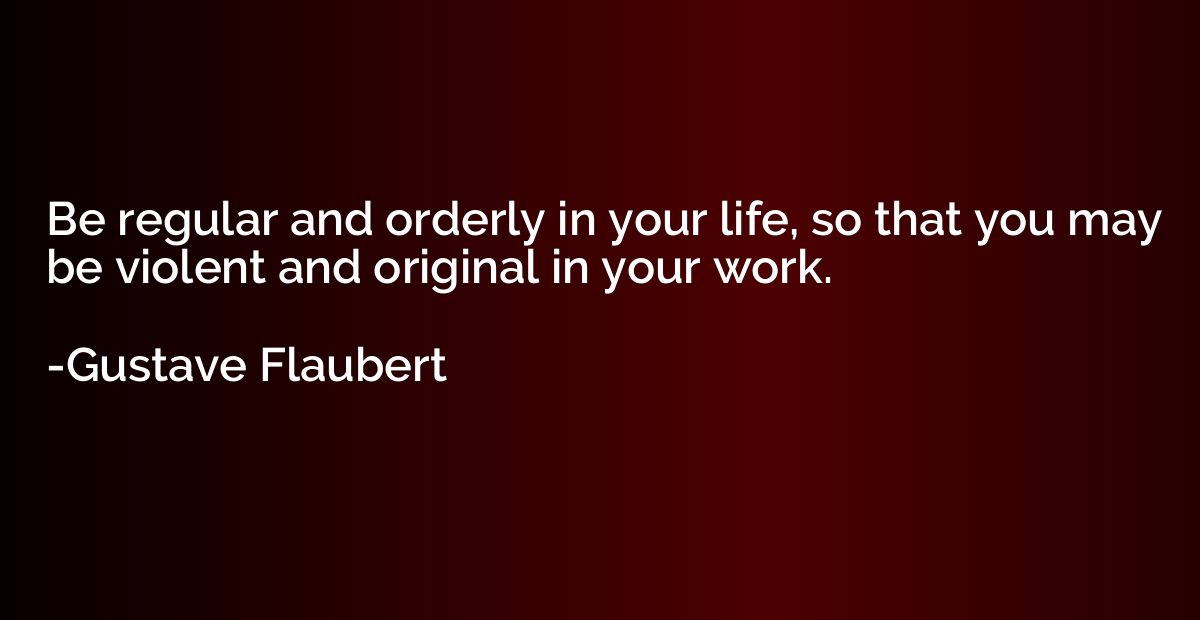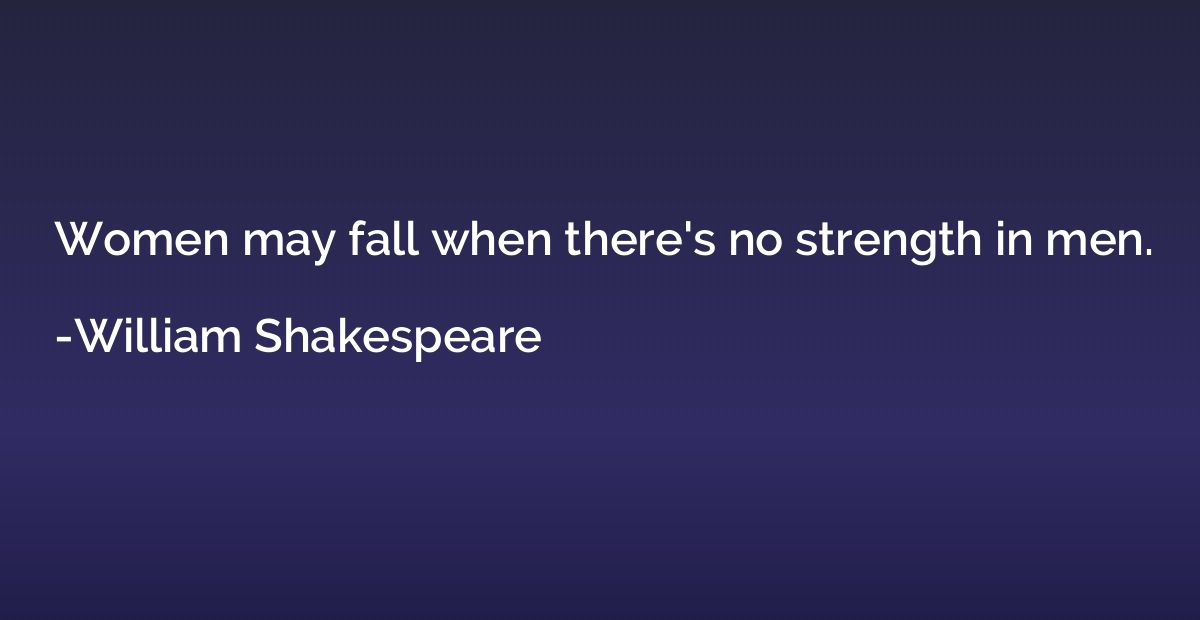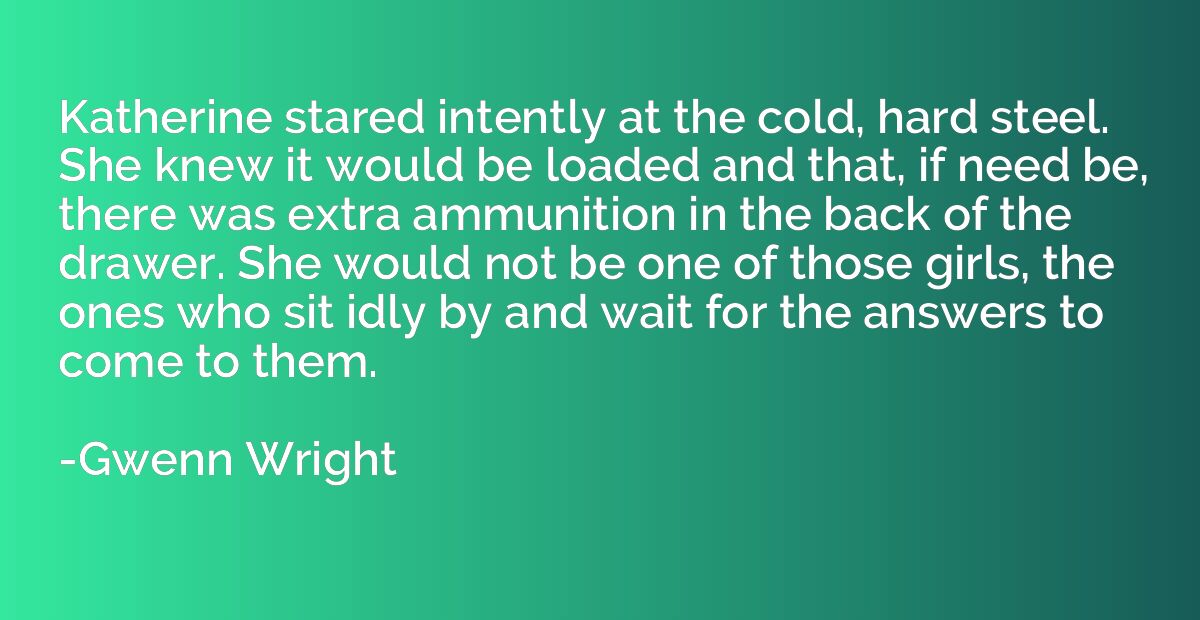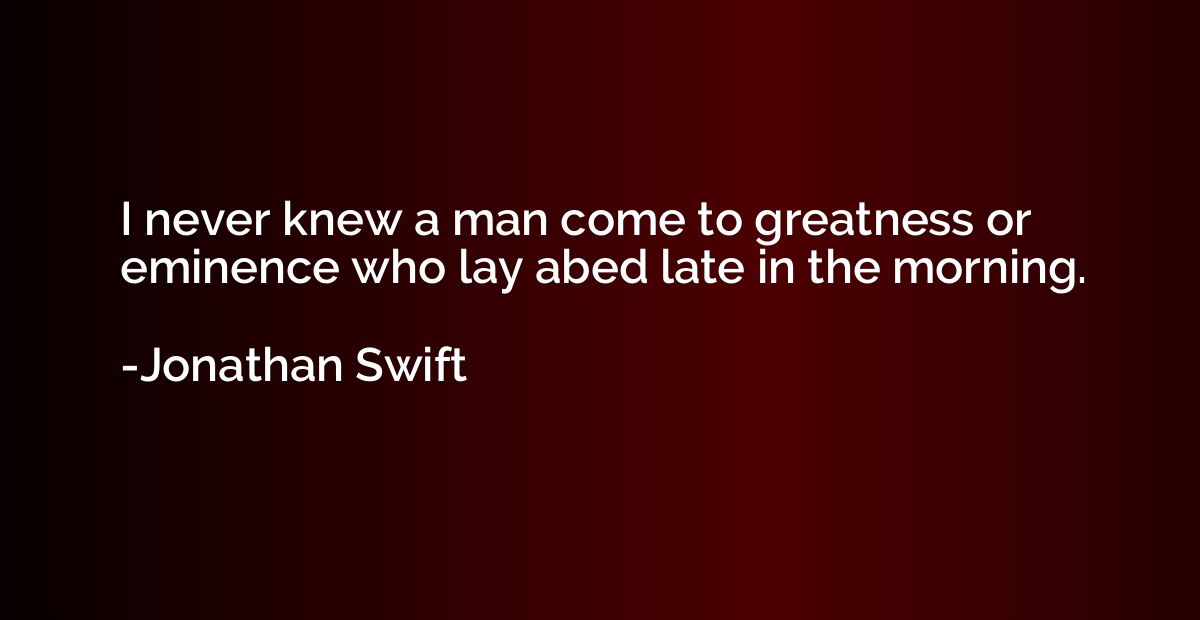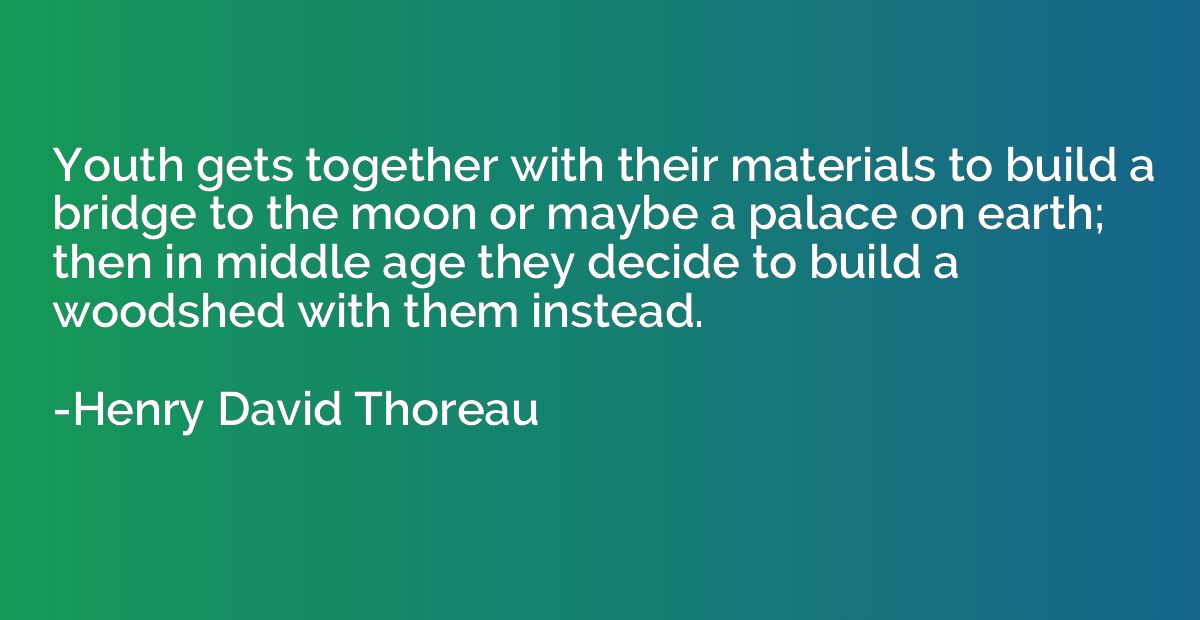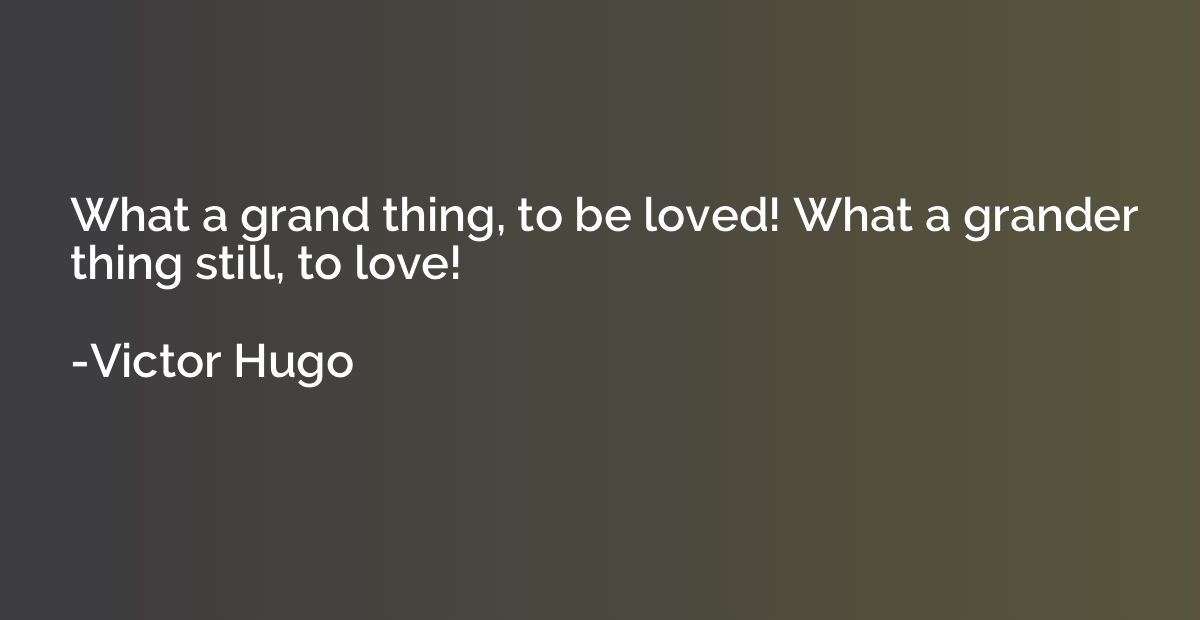Quote by Gertrude Stein
Every adolescent has that dream every century has that dream every revolutionary has that dream, to destroy the family.
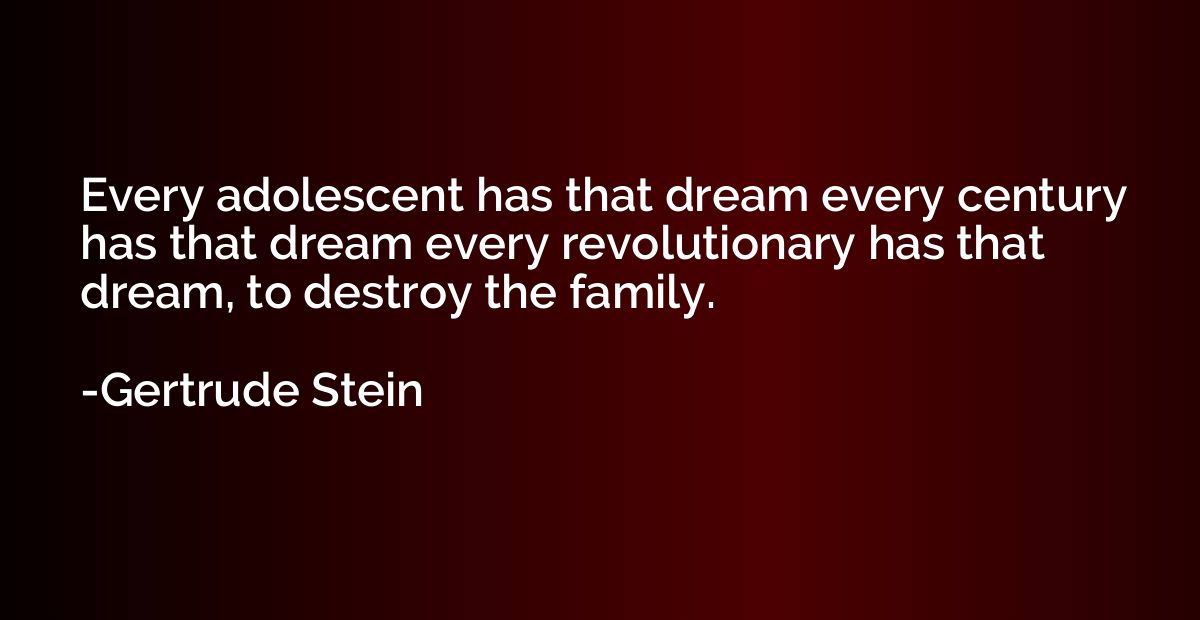
Summary
This quote suggests that throughout time and among individuals with different ambitions and ideals, there is a recurring desire to break down the traditional concept of family. It implies that adolescence, historical periods, and revolutionary thinkers all harbor a longing to challenge and overthrow existing family structures. The quote highlights the idea that the desire to dismantle the family unit is not unique to a specific group, but rather a common aspiration that persists over time.



